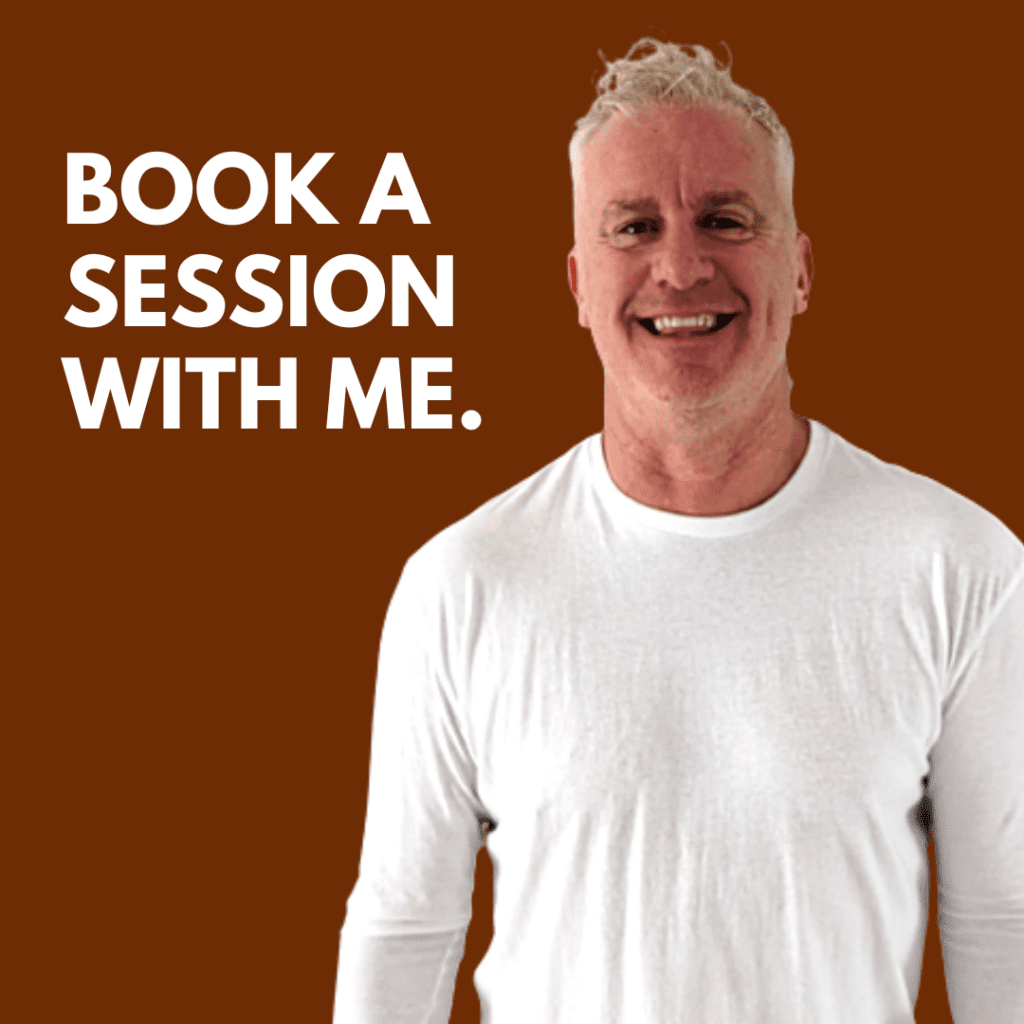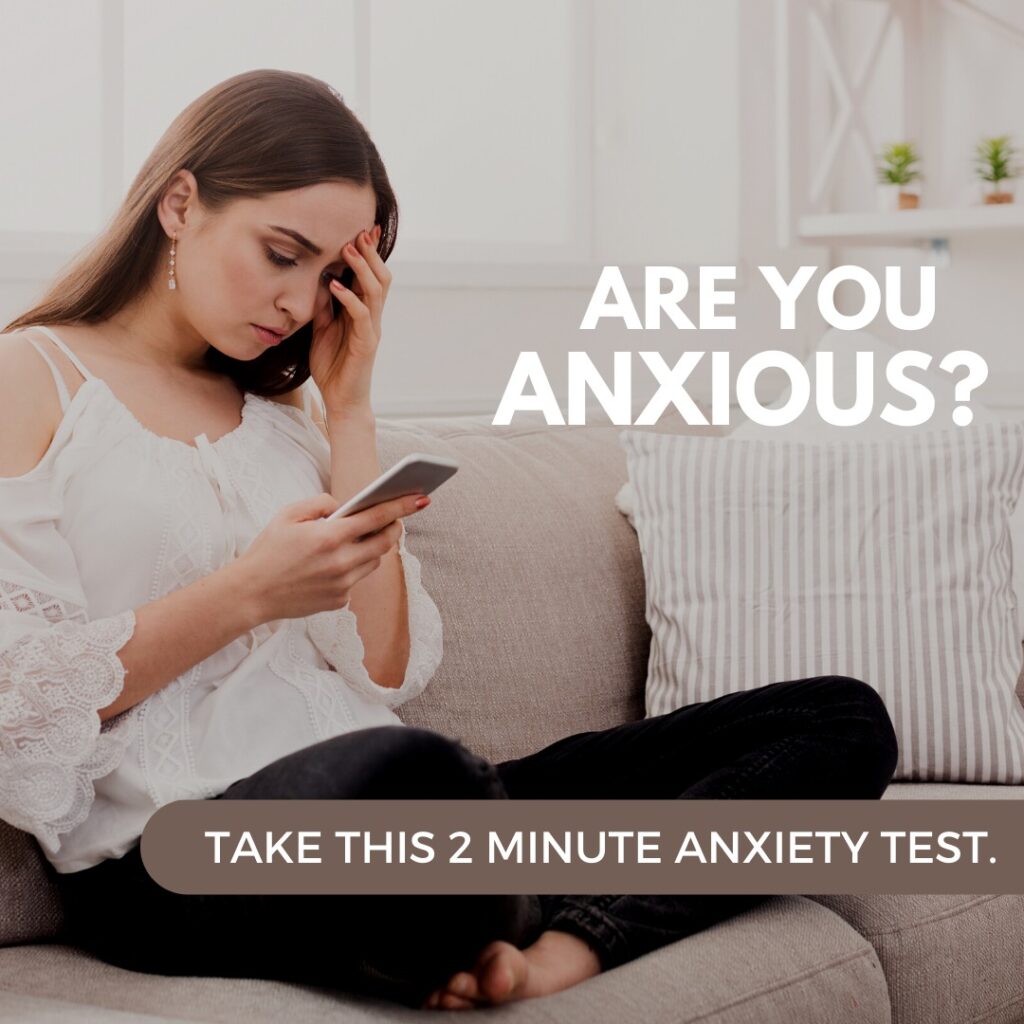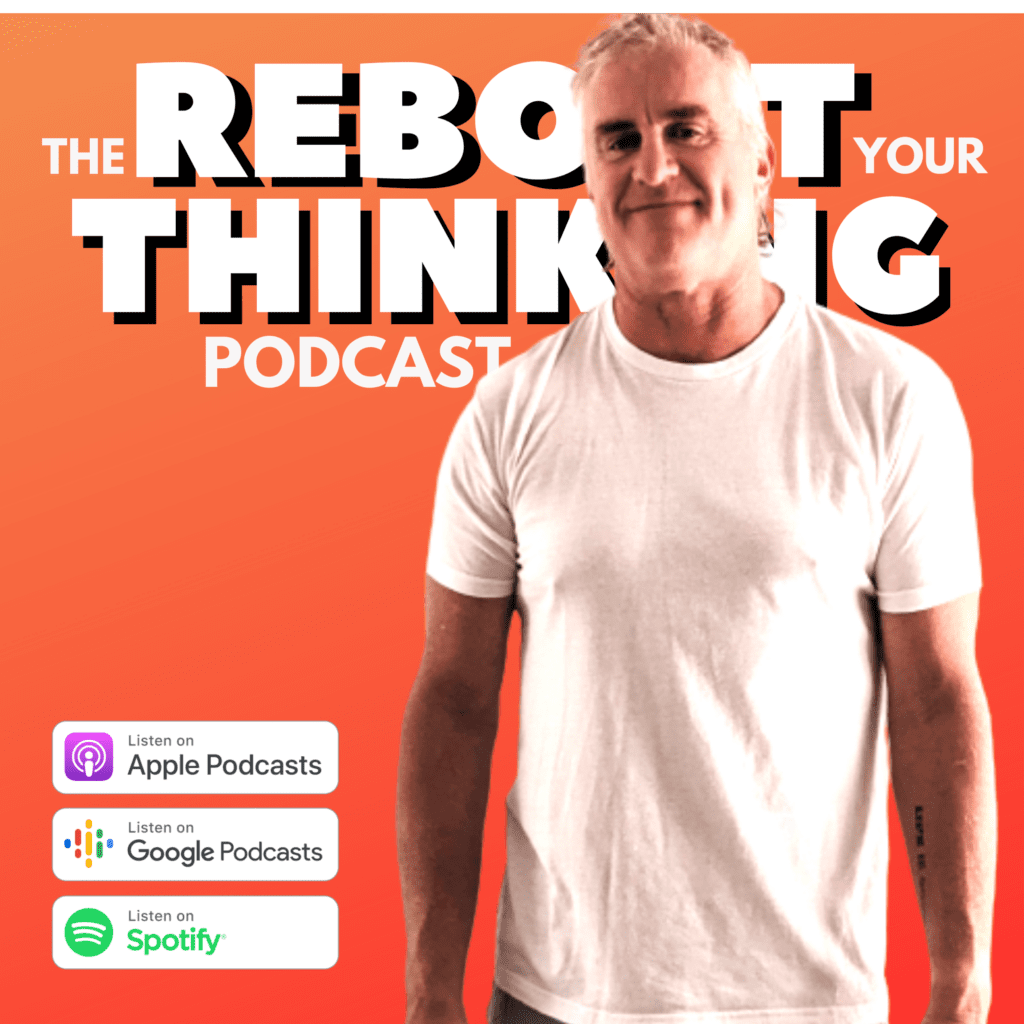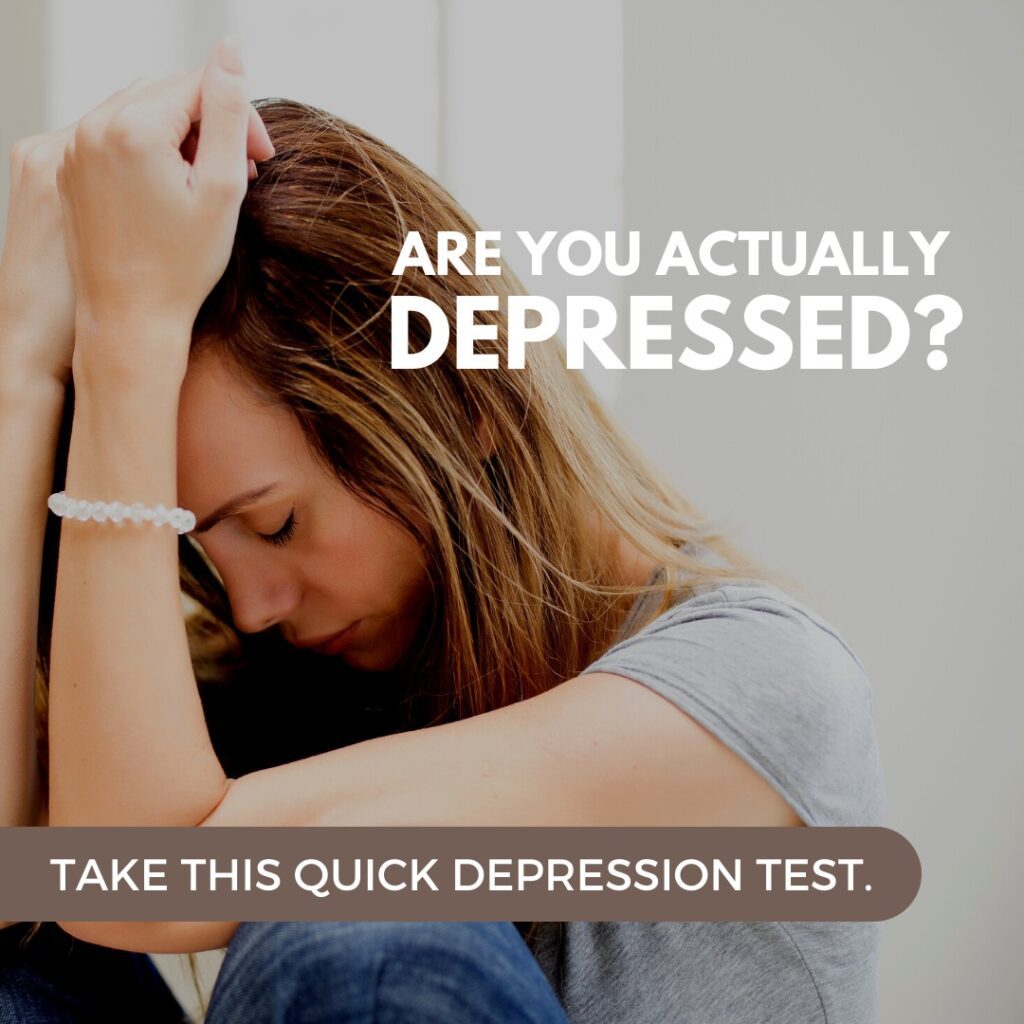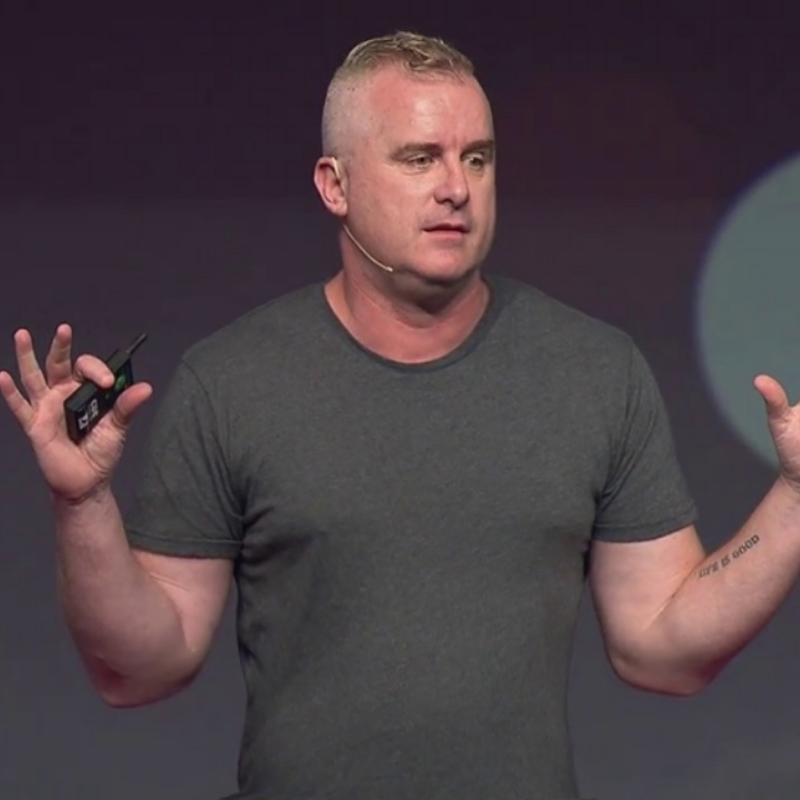We ask each other a lot of meaningless and trivial questions throughout every day:
“How are you?”
“How was your night?”
“How’s the family?”
Nothing sinister, sure, but how many times do we ask those questions because we are socially conditioned to do so? How many times do we ask those questions, and we don’t even hear the answer, because we have already moved on to the next socially-conditioned sentence in the conversation structure that we feel like we have to engage in every day.
Small talk, just for the sake of talking, is exhausting.
The one sentence.
But there is a sentence, just three words, that will not only start an engaging conversation that actually means something, and encourages people to authentically participate, but also almost always gets an honest response.
That sentence? “Are you happy?”
I am always surprised by just how honest some people will be when I ask them that, particularly when they are not the type of people who would generally engage in a conversation about their feelings or emotions or mental state usually.
As a conversation prompt, it’s disarming, and surprising really. It’s not the banal “how are you?” that in 94% of cases will be answered with “good thanks”, and that will be that.
It’s not asking someone how they are, and thus giving them the opportunity to come up with any number of adjectives to describe how they are (even though most people will default to the meaningless “good thanks”).
It’s not asking someone how they, or someone in their family, are doing when both parties kind of already realise that neither really cares and is just asking for the sake of asking.
It’s asking a question of someone which immediately shows that you, the questioner, cares and is interested in the answer.
For the record, I find that most people respond with either “yes”, “no”, or “mostly”. Every one of those answers, though, sparks a new and interesting conversation, and every one of them also allows me to meet someone – where they are – with kindness and empathy and curiosity.
How people respond to it.
If I ask if you are happy, and you say you are not, then the door is open for both of those to expand on that if we want to, and for me to somehow be of service in the life of whoever I have asked if they want me to be.
If I ask it and you say you are mostly happy, then again we both have the opportunity to expand on that if we want to, and by saying it out loud, take an important step towards being happy just that little bit more.
And, of course, even if I ask if you are happy, and you say you are, I always find that that answer comes from a more honest and genuine place than the standard “good thanks” answer will ever come from. I also find that someone thinking about their response, and then replying with “yes, I am happy”, actually makes that person even happier!
Try it out, I think you will be surprised.
So … are you happy?


